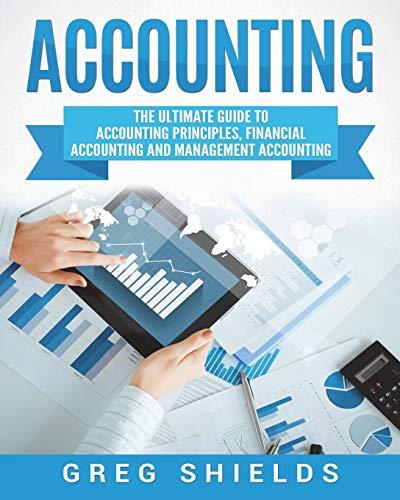Question
The financial statement of Wal-Mart Stores, Inc. revealed the following information regarding the firms income taxes: Note 9. Taxes Income from Continuing Operations The components
The financial statement of Wal-Mart Stores, Inc. revealed the following information regarding the firms income taxes:
Note 9. Taxes
Income from Continuing Operations
The components of income from continuing operations before income taxes are as follows:

a. Assuming that Wal-Mart had no significant permanent differences between book income and taxable income, did income before taxes for financial reporting exceed or fall short of taxable income for year ended 2012, 2013 and 2014? Explain.
b. Will the adjustment to net income for deferred taxes to compute cash flow from operations in the statement of cash flows result in an addition or a subtraction for 2012, 2013 and 2014?
c. The company's accrued liabilities include accrued wages, self-insurance, accrued taxes, accrued utilities, and accrued interest etc. The company recognizes an expense and a liability for financial reporting for the accrued liabilities. However, they are expenses not yet deducted for tax purposes. Why are deferred taxes related to accrued liabilities disclosed as a deferred tax asset instead of a deferred tax liability?
d. For financial purposes, a company recognizes share-based compensation expenses during vesting period (from the grant date to the vesting date) based on the grant date fair value of the award. Under current tax law, the company receives a compensation expense deduction related to share-based compensation only when those options are exercised. Why are deferred taxes related to share-based compensation disclosed as a deferred tax asset?
e. Like most companies, Wal-Mart uses the straight-line depreciation method for financial reporting and accelerated depreciation methods for income tax purposes. Why are deferred taxes related to depreciation disclosed as a deferred tax liability?
The components of income from continuing operations before income taxes are as follows: Fiscal Years Ended January 31, (Amounts in millions) 2014 2013 2012 Non-U.S Total income from continuing operations before income taxes A summary of the provision for income taxes is as follows 19,412S 5,244 24,656 S 19,352 S 6,310 25,662 S 18,685 5,647 24,332 Fiscal Years Ended January 31, (Amounts in millions) 2014 2013 2012 Current: U.S. federal U.S. state and local International 4,596 743 1,383 6,722 6,377 S 5,611 S 719 1,523 8,619 1,743 Total current tax provision 7,976 Deferred: (72) U.S. federal U.S. state and local International (479) (514) 8,105 S (48) (18) 7,958 S 1,444 57 (299) 1,202 7,924 Total deferred tax expense (benefit) Total provision for income taxes Deferred Taxes The significant components of the Company's deferred tax account balances are as follows January 31, (Amounts in millions) 2014 2013 Deferred tax assets: Loss and tax credit carryforwards Accrued liabilities Share-based compensation Other 3,566 2,986 126 1,573 8,251 (1,801) 6,450 3,525 2,683 Total deferred tax assets Valuation allowances Deferred tax assets, net of valuation allowance Deferred tax liabilities: 1,500 7,912 (2,225) 5,687 Property and equipment Inventories Other 5,830 1,912 1,157 8,899 3,212 6,295 1,827 9,763 3,313 Total deferred tax liabilities Net deferred tax liabilitiesStep by Step Solution
There are 3 Steps involved in it
Step: 1

Get Instant Access to Expert-Tailored Solutions
See step-by-step solutions with expert insights and AI powered tools for academic success
Step: 2

Step: 3

Ace Your Homework with AI
Get the answers you need in no time with our AI-driven, step-by-step assistance
Get Started


